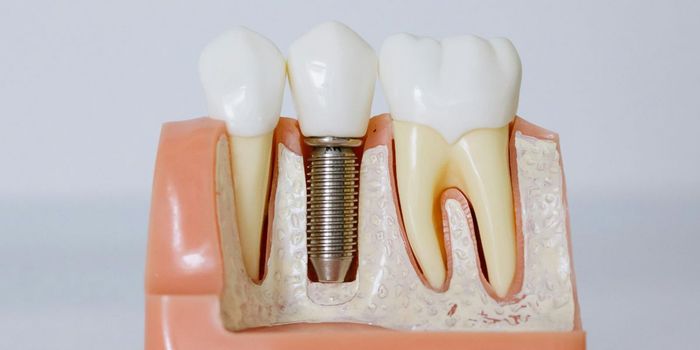No Link Between Antidepressants and Improved Quality of Life
Those who use antidepressant medications have similar health-related quality of life to people who are depressed and who do not take the drugs. The corresponding study was published in PLoS One.
While antidepressant medications show some efficacy for treating depression in the empirical literature, their effects on overall wellbeing and health-related quality of life are controversial. To understand more about their long-term effects, the researchers behind the present study compared quality of life ratings between people with depression who use antidepressants and those who do not.
To do so, they examined data from the United States' Medical Expenditures Panel Survey. Between 2005 and 2016, the researchers noted that an average of 17.5 million adults were diagnosed with depression each year. Women made up 67.9% of diagnoses, and 60.5% of female diagnoses received antidepressant medications compared to 51.5% of males. Quality of life was measured via the SF-12 health-related quality of life survey.
In the end, the researchers found that antidepressant use was linked to some improvement in health-related quality of life after two years of treatment. However, when compared to quality of life ratings among those who did not take antidepressants, the researchers noted that taking the drugs was neither associated with improved physical or mental quality of life measures.
The researchers note that their results are limited as they were not able to analyze for subtypes or different severities of depression. They add that future studies should include non-pharmacological treatments for depression alongside antidepressants.
"Although we still need our patients with depression to continue using their antidepressant medications, long-term studies evaluating the actual impact for pharmacological and non-pharmacological interventions on these patients' quality of life is needed," added the researchers.
"With that being said, the role of cognitive and behavioral interventions on the long term-management of depression needs to be further evaluated in an effort to improve the ultimate goal of care for these patients; improving their overall quality of life," they concluded.
Sources: Science Daily, PLoS One









